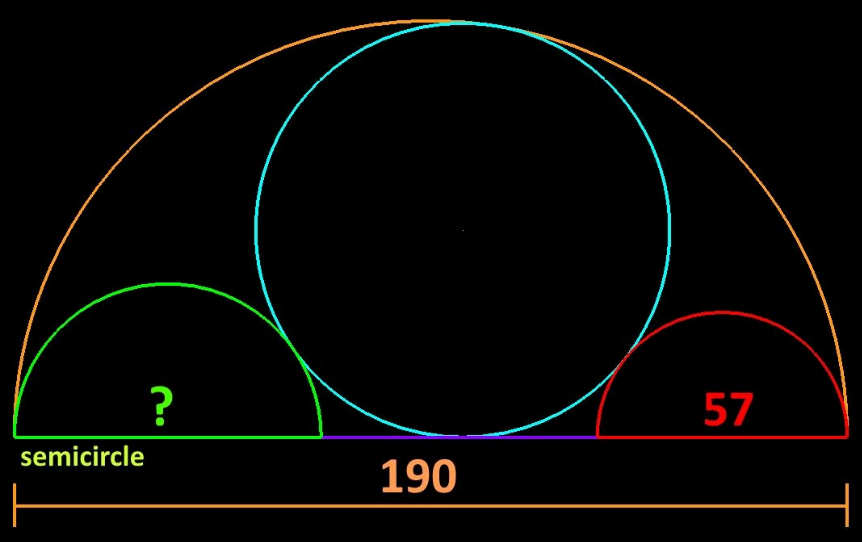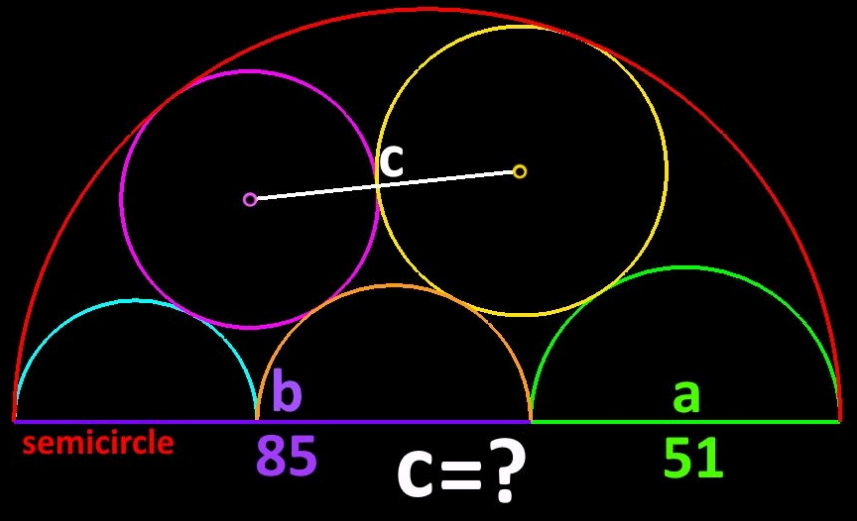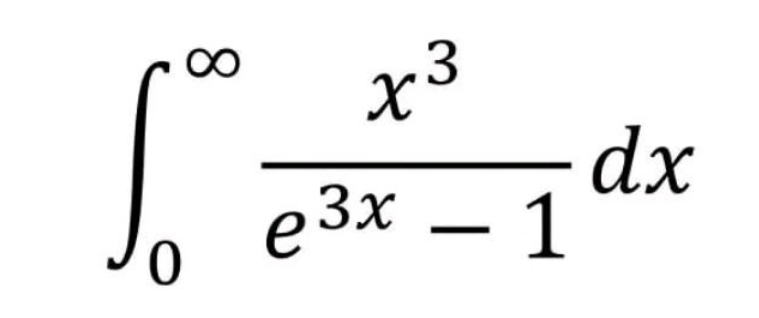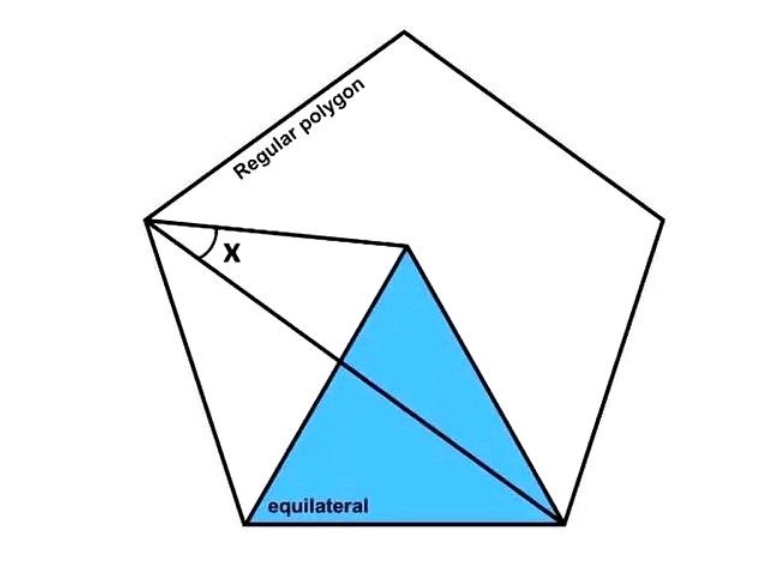
AllQuestion and Answers: Page 366
Question Number 185522 Answers: 0 Comments: 1

Question Number 185521 Answers: 1 Comments: 1

Question Number 185518 Answers: 0 Comments: 1
Question Number 185517 Answers: 1 Comments: 0

Question Number 185515 Answers: 1 Comments: 0
Question Number 185511 Answers: 1 Comments: 0

Question Number 185510 Answers: 1 Comments: 0

Question Number 185508 Answers: 1 Comments: 0
Question Number 185496 Answers: 0 Comments: 0

Question Number 185495 Answers: 1 Comments: 0

Question Number 185494 Answers: 0 Comments: 1

Question Number 185490 Answers: 1 Comments: 1

Question Number 185486 Answers: 2 Comments: 0

Question Number 185484 Answers: 1 Comments: 0

Question Number 185482 Answers: 1 Comments: 1

Question Number 185481 Answers: 0 Comments: 0

Question Number 185472 Answers: 4 Comments: 2
Question Number 185471 Answers: 2 Comments: 0
Question Number 185470 Answers: 0 Comments: 3
Question Number 185455 Answers: 1 Comments: 0
Question Number 185453 Answers: 1 Comments: 9
Question Number 185451 Answers: 0 Comments: 2

Question Number 185450 Answers: 0 Comments: 1
Question Number 185449 Answers: 1 Comments: 0
Question Number 185446 Answers: 0 Comments: 0

Question Number 185438 Answers: 1 Comments: 0
Pg 361 Pg 362 Pg 363 Pg 364 Pg 365 Pg 366 Pg 367 Pg 368 Pg 369 Pg 370
